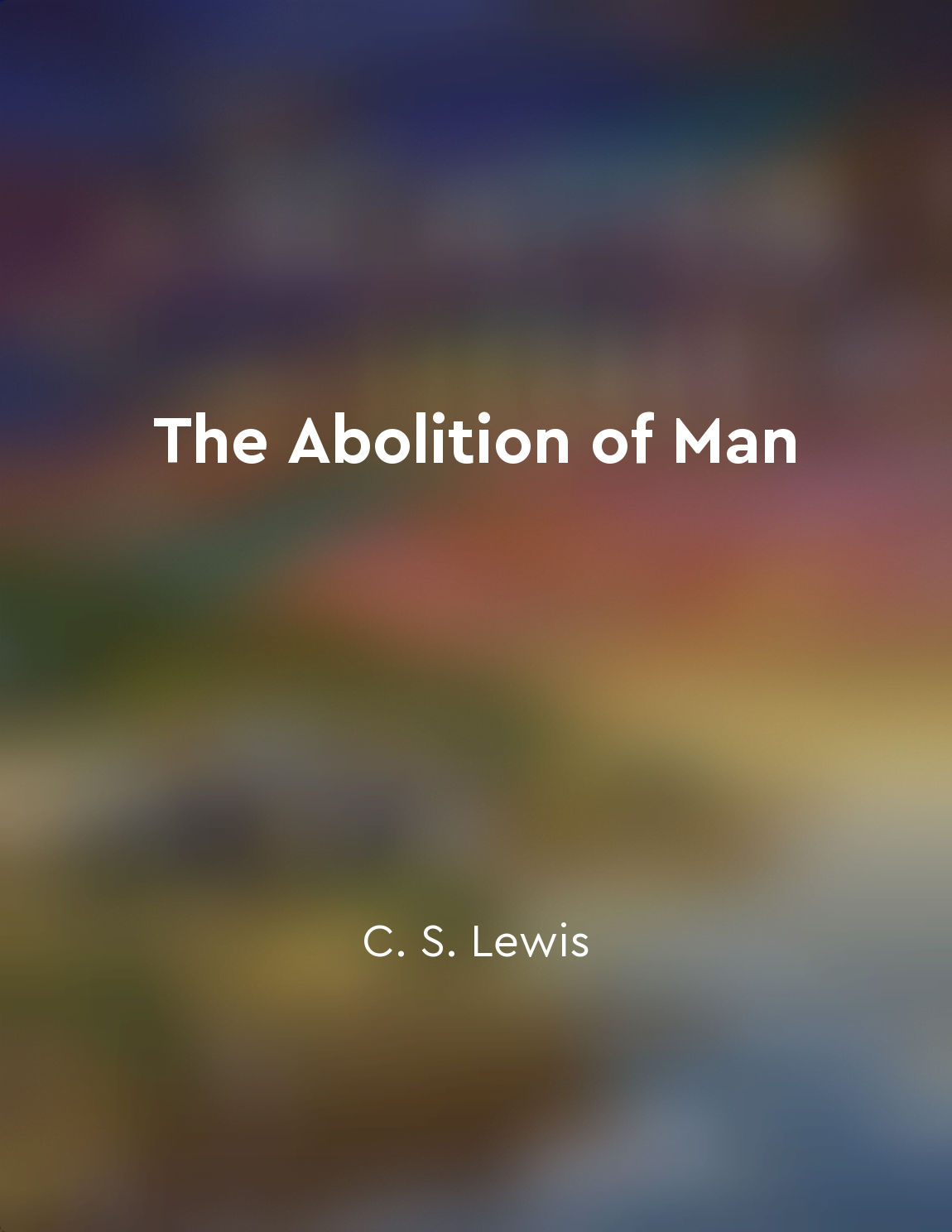Virtue is power over oneself from "summary" of Spinoza: Ethics by Benedictus de Spinoza
In the grand tapestry of existence, virtue stands as a beacon of strength and self-mastery. It is not merely a lofty ideal to be admired from afar, but a practical force that empowers individuals to navigate the complexities of life with grace and resilience. When one possesses virtue, they possess the ability to govern themselves with wisdom and purpose, steering clear of the turbulent waters of passion and impulse. Virtue is not a static quality, but a dynamic force that requires constant cultivation and discipline. It is the fruit of a harmonious alignment between reason and emotion, where one's thoughts and desires are in perfect harmony. Through the diligent practice of self-reflection and introspection, individuals can gradually cultivate the virtue that will grant them mastery over their own impulses and actions. In the realm of virtue, power is not wielded over others but over oneself. It is the ability to resist the siren call of immediate gratification and instead act in accordance with one's higher principles a...Similar Posts
Prioritize what truly matters
The Stoics believed that we must learn to distinguish between what truly matters and what does not. This means being able to pr...
Embrace obstacles and setbacks as opportunities for growth
Life is full of challenges and setbacks. They are inevitable and unavoidable. But rather than being discouraged by them, we can...
Cultivate a positive mindset to attract abundance into your life
To attract abundance into your life, it is essential to cultivate a positive mindset. This means shifting your focus from scarc...
Live in alignment with your true purpose
It is essential for a person to live in alignment with their true purpose in life. This means understanding the reason for thei...

Necessity of transcendent moral principles for civilization
Without a foundation of transcendent moral principles, civilization is at risk of crumbling into chaos. The idea that there are...
Accept the impermanence of life
The Stoic philosophy teaches us that life is in a constant state of flux, with circumstances changing at a moment's notice. By ...
Moral lessons
The ancient Indian epic Ramayan is not simply a story of heroism and divine intervention, but also a treasure trove of timeless...
Punishment stems from deepseated guilt
The idea that punishment is a result of deep-seated guilt is a complex one that requires a deep understanding of human psycholo...
Mutual agreement creates a stable society
In a society where individuals come together to form a social contract, there is a mutual agreement that binds them to certain ...
